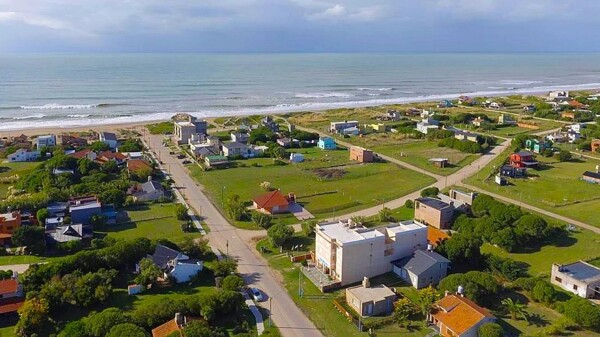
Following the victory in the legislative elections on Sunday, key financial indicators made a decisive turn, which, as speculated in the market, would allow Argentina to return to international markets by the end of this year. The government intends to resume issuing international debt to refinance maturities and invest in infrastructure, energy, transportation, and technology, necessary to boost economic growth. In two days, the risk premium fell from the 1,100-point zone to 690 and is getting closer to the 500-point level, which the market considers suitable for Luis Caputo's team to attempt to take out dollar-denominated loans. Next January, the country must pay coupon maturities of about USD 4.5 billion, a 'perfectly manageable' level, according to President Javier Milei. But if it is possible to refinance part of these maturities, it would be even better. The head of state recalled that since taking office, Argentina has 'paid USD 30 billion in debt,' and said there was 'no doubt about the fulfillment of those obligations at any time.' The rebound in the price of Argentine dollar-denominated bonds, which erased all their losses for the year between this Monday and Tuesday, allowed the country risk premium to fall by about 400 points. If it reaches the 500-point zone, Argentina would be in a position to place debt abroad at an annual rate below 10% in dollars, a level that the economic team would consider acceptable. In this way, the country could return to international debt markets earlier than was anticipated a few weeks ago. The JP Morgan bank indicator fell from 1,080 points on Friday to 690 this Tuesday. At this moment, Argentine debt yields above 11%, and it would not be advisable to go to the markets, but if this trend continues, it would get closer to 9% levels, and in that case, a dollar bond issue could be attempted, financial analysts told the Argentine News Agency. Thus, if this positive trend continues, the country would return to single-digit yields and could finance itself internationally at a lower cost. The risk level expected by Caputo's team for the coming weeks is 450 points, lower than this Tuesday's. The last time a dollar bond was issued was in January 2018 for about USD 9 billion. At that time, the country risk was around 350 basis points. Subsequently, the 2018-2019 currency crisis jeopardized those payments, and the debt issued during the Macri era was restructured by Martín Guzmán starting in 2020. For analysts, the main constraint for the bond price to rise was the political factor. With that variable cleared, and if the government starts to give signals of betting on consensus with some governors to build governability and advance with laws, the possibility of increasing reserves via debt in international markets increases. Thus, the alternative of regaining access to the global market now seems more likely.














